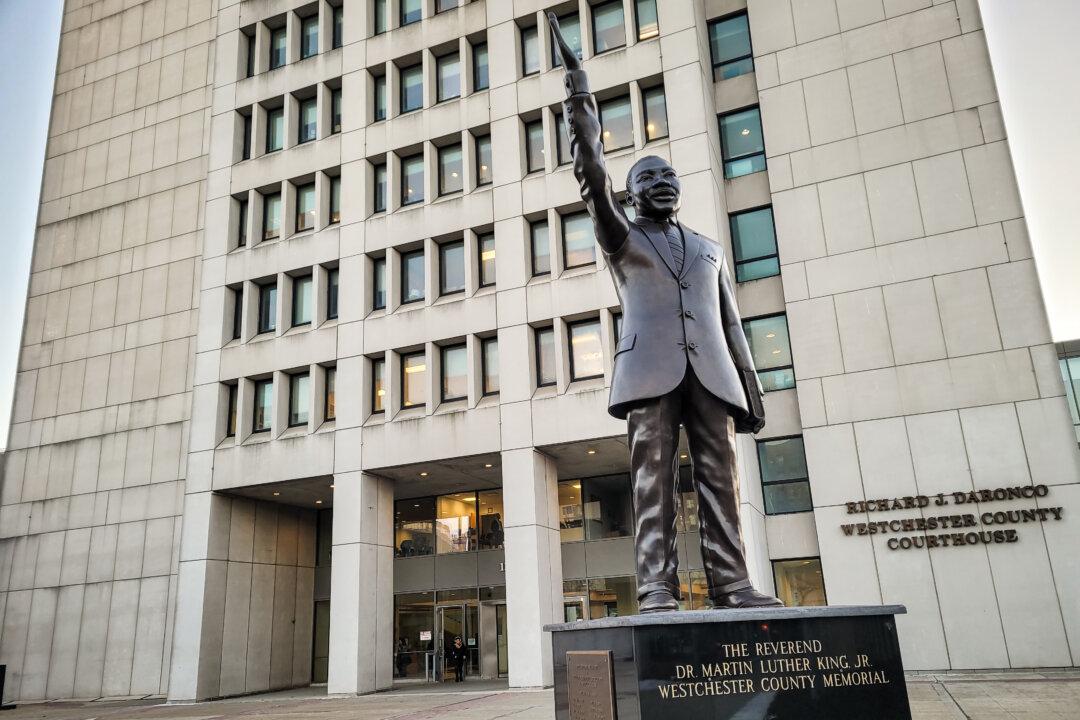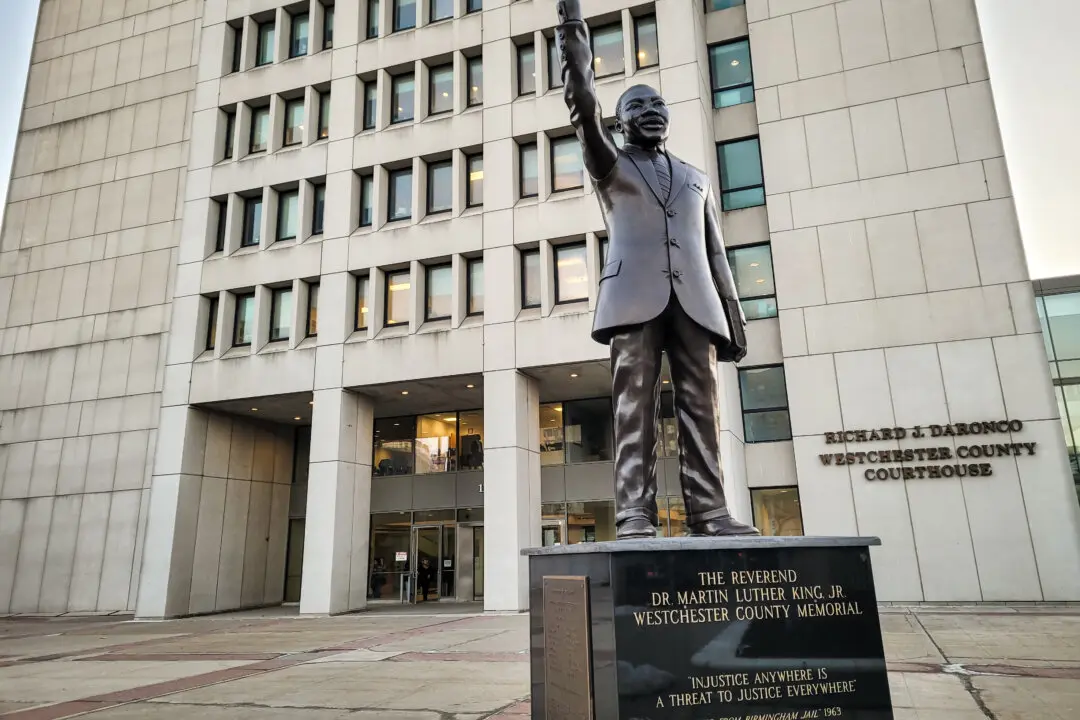The Wisconsin Supreme Court on July 5 ruled that the state Legislature’s budget committee cannot block Gov. Tony Evers from implementing conservation projects for which funds have already been approved by the Legislature.
The court decided 6–1 in Evers vs Marklein that once funds are legally appropriated through the legislative branch, the spending of those funds is in the power of the executive branch, that is, the governor’s office.





